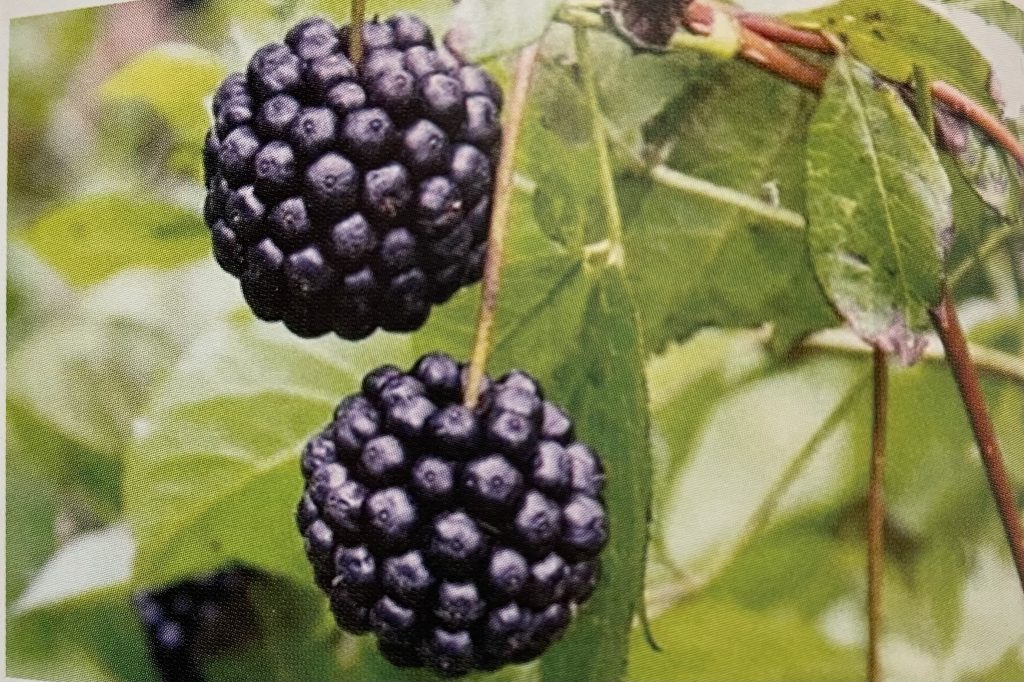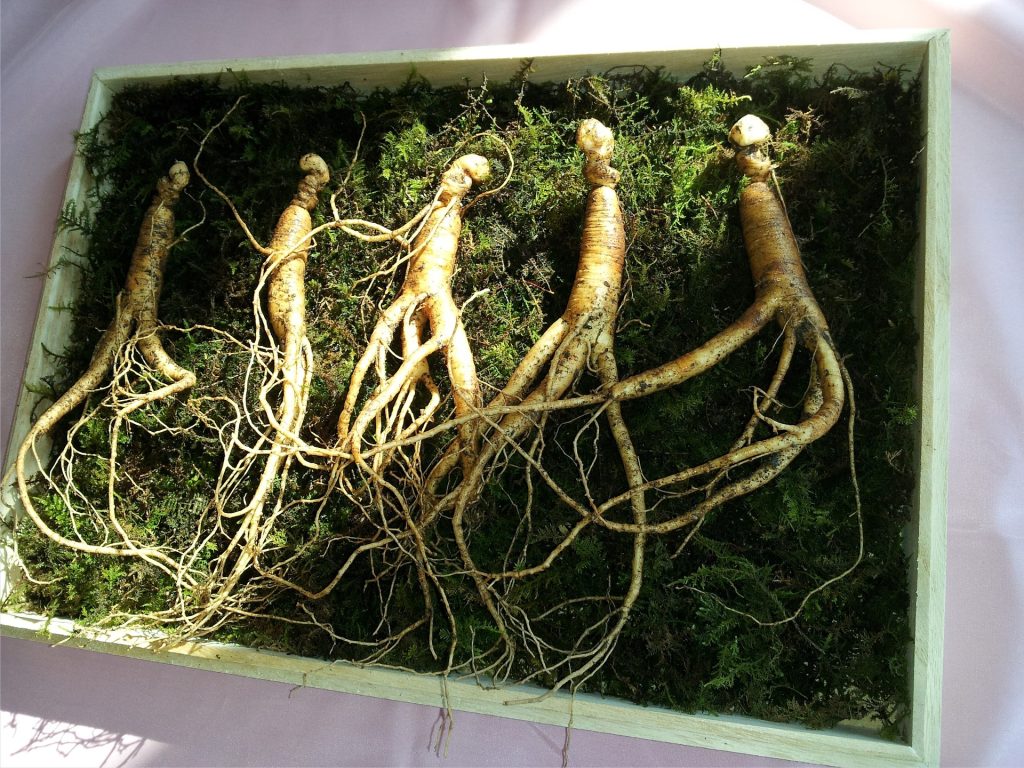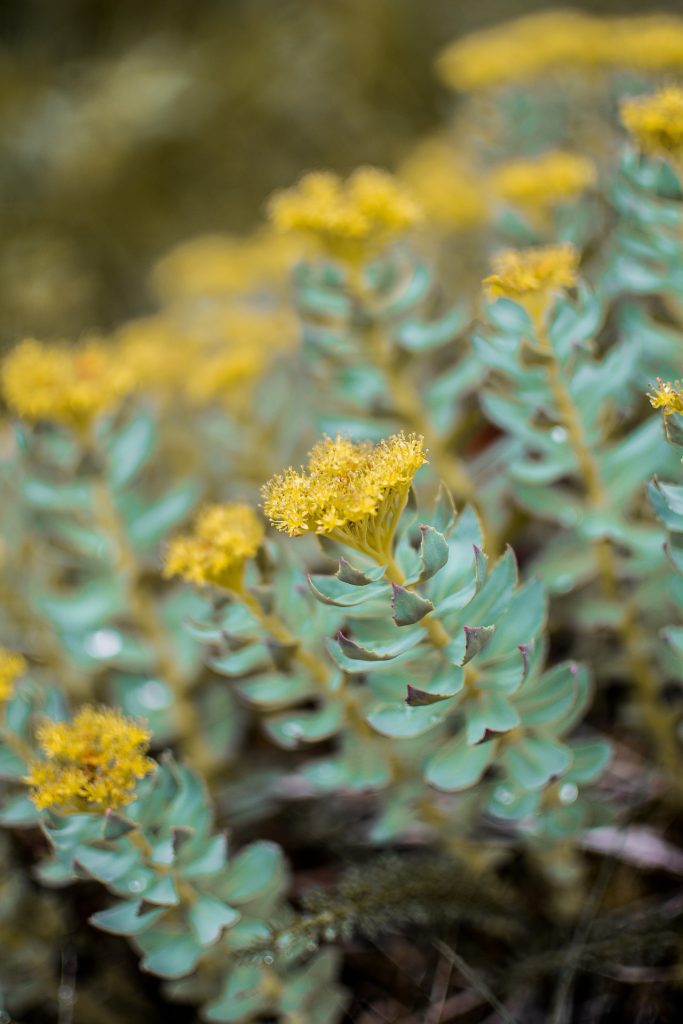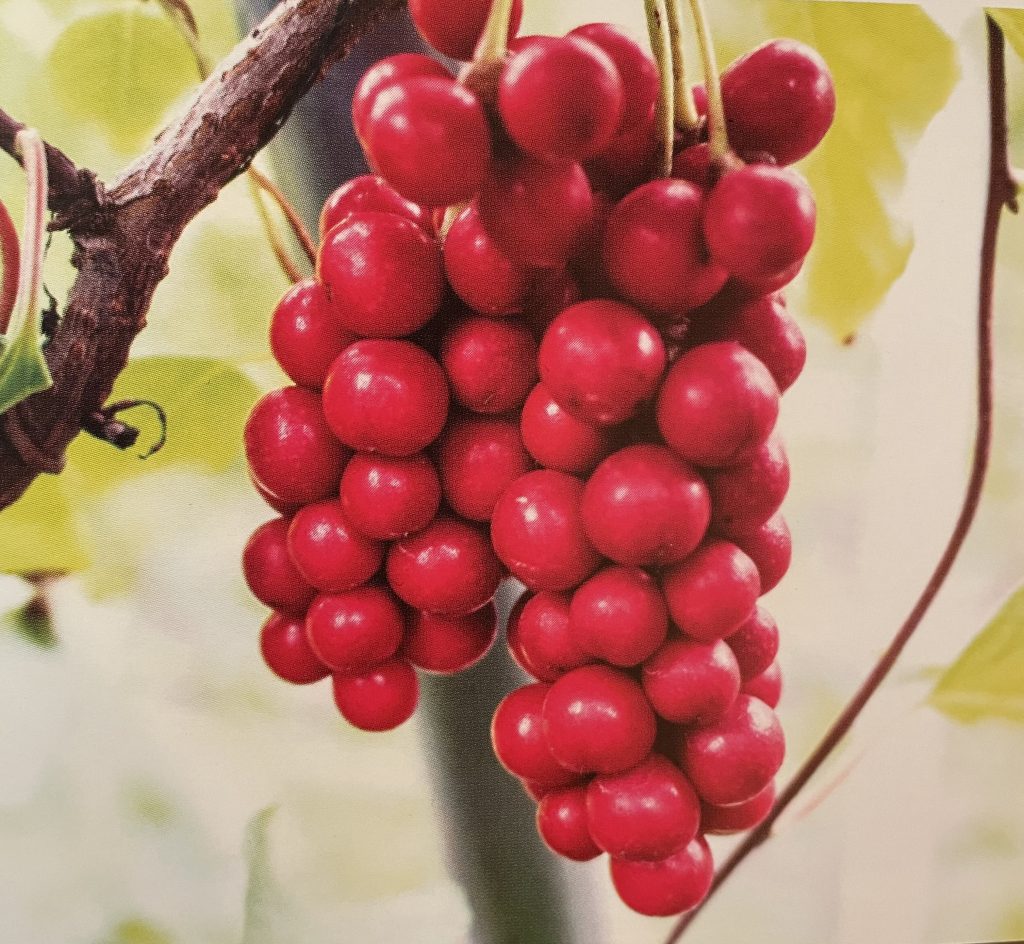Spring is definitely in the air, and I can feel the usual baggage of happy thoughts and projects that comes with it. The mood is naturally lifted, and the capacity to plan seems enhanced. On the other side, for the body the transition from winter to spring might result in additional stress, and this is were adaptogens might come to the rescue.
Adapto…what?
Adaptogens are herbal remedies (Plants, roots, fungi) that actually help our body adapt to stressful situations, enhancing our resistance and concentration capabilities. On a general basis they help us facing increased workload, both on a mental and physical level. They can help the body’s resilience in dealing with physical and emotional stresses and they are studied for their anti-aging properties as well.
The use of adaptogens is rooted in Ayurvedic and Chinese medicine. Nionetheless, since the 1960ies they become more and more popular in western medicine and phytotherapy, and are now increasingly used and easy to find almost everywhere.
Keep reading to know more about the most well-known adaptogens, their benefits, and how they can be used in your wellness routine in a safe and effective way.
4 adaptogens and their use
Eleutherococcus or Siberian Ginseng

Eleutherococcus is a famous tonic that helps increase energy and vitality levels, improving mental and physical performance, whilst helping to protect the body from the effect of stress. It improves the ability to cope with adverse condition like extreme temperatures, injuries. Furthermore, it can enhance the immunity against infections, and protects against environmental pollutants and radiation. It is helpful to improve athletic performance and endurance. Finally, it has been studied for its help in fighting the collateral effect of chemotherapy and radiotherapy.
Cautions:
It usually suggested to do not exceed 3 months of treatment, as an excessive use might lead to headache, hypertension and insomnia. Do not use during pregnancy and breast feeding. Pay attention to the interaction with medicine: avoid it when assuming digoxin and blood thinner. Better avoid it if you suffer from hypertension, diabetes, and tachycardia.
Panax Ginseng

Also known as Korean Ginseng, is considered the king of tonics and adaptogens. This is my personal favourite, I’ve used it when I was preparing exams, and often at season change to fight stress and fatigue.
For centuries Eastern traders have valued top grade ginseng roots more highly than gold, and sold it at higher prices than any other plant in the world.
Ginseng is well known because it increases energy, vitality and resilience to stress. It is excellent for anyone undergoing harsh physical training, recovering from an illness or a surgery, or when studying for exams, thanks to its capability to enhance overall mental and physical performance. Ginseng helps build stamina and muscular strength. It is an immunostimulant, and it prevents the insurgence of disease helping the organism to adapt to situation of environmental stress, and it increases the resistance to infections.
Cautions:
Avoid its use in acute inflammatory conditions, pregnancy and breast feeding. Do not use it for more than 2/3 months and do not exceed the suggested posology. Do not use in case of diabetes or when using blood thinner, as it might interact with prescription drugs used in these conditions. Make sure you consult an herbal practitioner before using it if suffering from any of the above!
Rhodiola Rosea

Eastern medicine has long considered Rhodiola as a panacea and tonic to increase physical and mental endurance and stress. It is quite more powerful than other adaptogens. This incredible plant improves mental acuity, memory and concentration, increasing the attention span. And it also increases blood supply to the brain and muscles, andis helpful in elevating mood in case of depression. If taken in high doses can be a useful sedative for insomnia.
Rhodiola is very helpful in boosting immunity too, helps combat infections, and increase the resistance to toxins and chemicals that could be potentially harmful. Modern medicine recommends it against fatigue and physical stress, and chronic fatigue syndrome.
Cautions:
Avoid taking it with mineral supplements.
Schisandra Chinensis

The grows originally in China, and its red berries are very powerful to balance al bodily systems according to Chinese medicine.
Western medicine studied Rhodiola for its properties that boost endurance, physical performance and mental capacity. As the other adaptogens it’s an effective tonic, that is helpful in case of depletion from stress, lethargy and chronic fatigue syndrome. It is worth to notice that is a powerful antioxidant as well and as such can prevent damage from free radicals, being effective in contrasting the ageing process.
Furthermore, it is interesting for its anti-inflammatory effects, and its active principle seems to reduce nervous palpitations and improve the blood flow.
Cautions:
Avoid its use during pregnancy and if suffering from epilepsy.
Make your choice and find the right one for you!
These are just the well-known and better studied adaptogens, others like Astragalus, and Tulsi (or Holy basil) are also famous. These have similar properties used to combat fatigue and to reduce physical and mental stress, stress-related anxiety, and depression. You can find out more about them here, if you are interested!
First, I would suggest you choose one herb at a time instead of trying several all at once. This way you can determine how each one does or doesn’t affect you before deciding whether to try another one. Second, remember to follow instructions that come with product information for the dosage. If in doubt, a naturopathic physician can recommend specific adaptogens and reputable formulas or tinctures. They are generally safe, but each individual may react differently, so be sure to observe your own reactions!
Have you ever tried adaptogens before? Let me know in the comments!
Image credits: featured image, image 2 and 3 thanks to Pixabay
Bibliography:
Ann McIntyre “The complete Herbal Tutor” – Aeon books
Enrica Campanini ” Dictionary of phytotherapy and medicinal plants” – Tecniche nuove